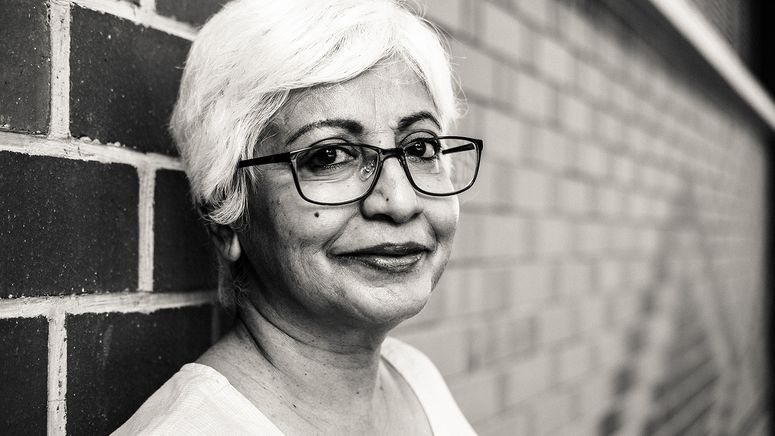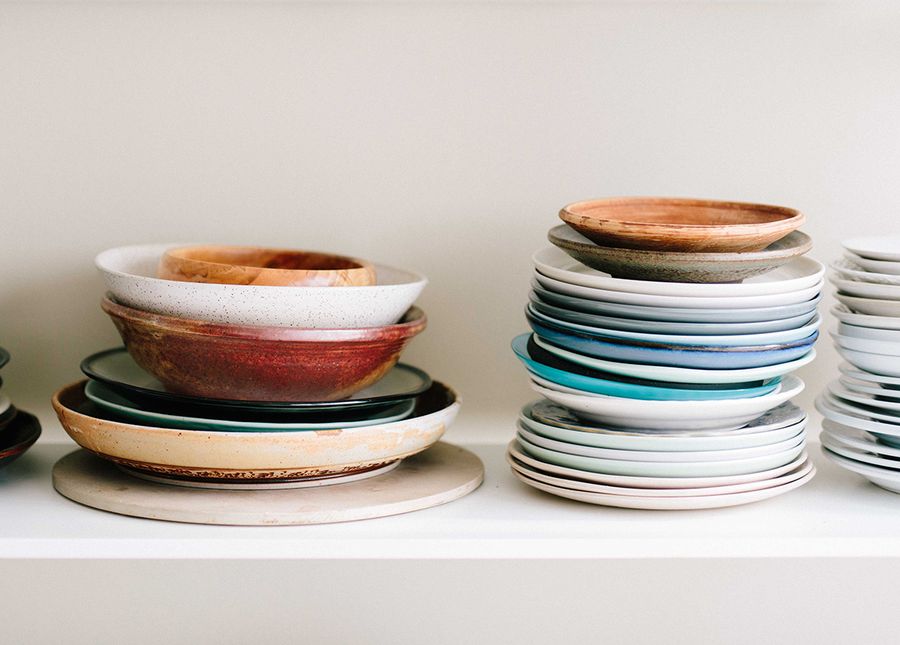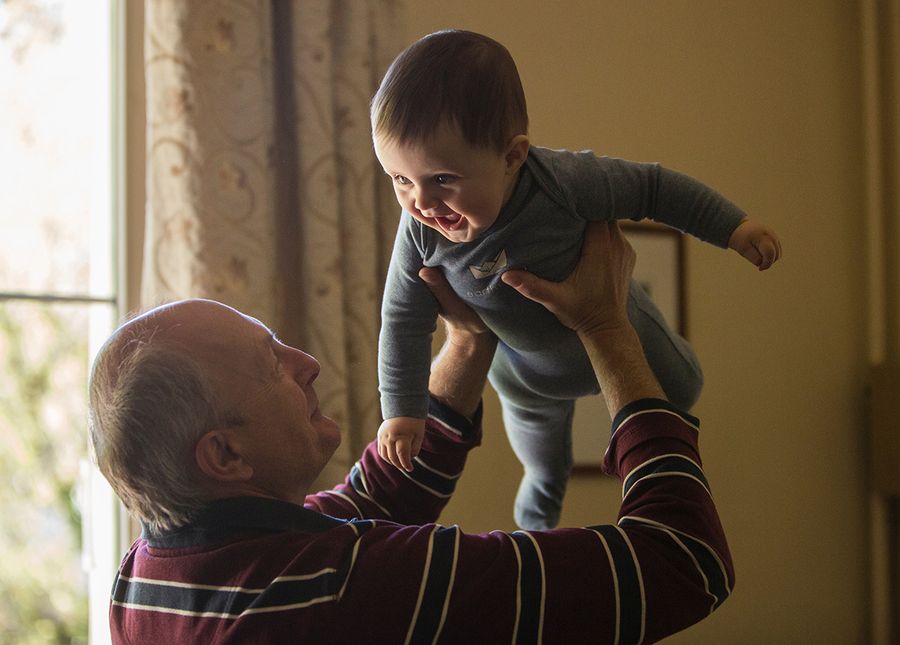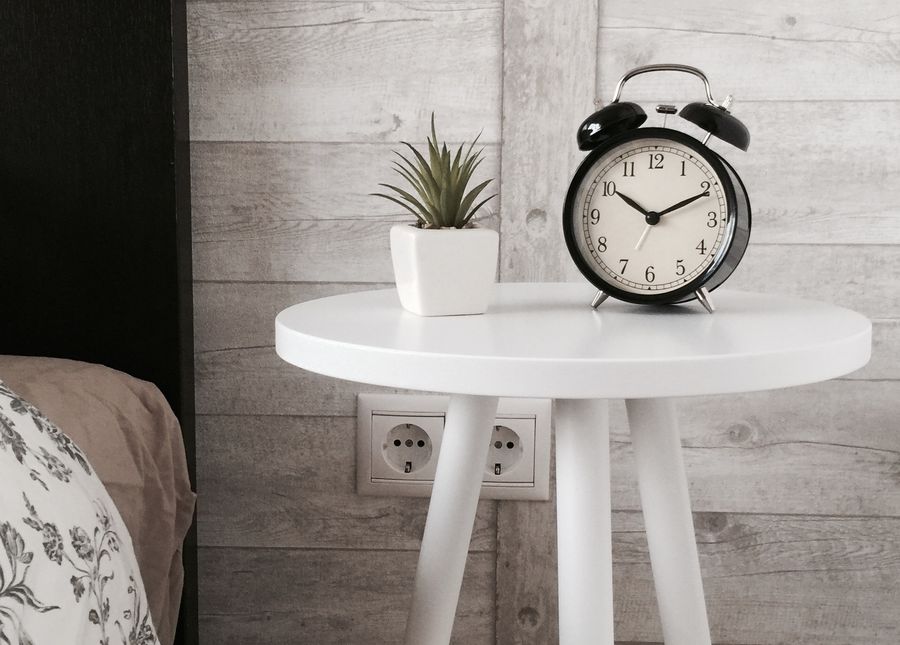A good death is all anyone hopes for at the end of a good life. A death that is peaceful and loving, surrounded by family in a place that feels comfortable and familiar. But how do you manage that, for yourself or a family member, if a high level of care is required? Many people envision that end-of- life care needs to be within the confines of a hospital bed, highly medicalised and managed by an institution - the opposite of a peaceful passing. What they don’t realise is that palliative care is an increasingly popular choice for helping people who are facing a life-limiting or terminal illness.
Create a meaningful end of life experience at home
‘I just felt like home care was the right choice for us,’ Says Marta, reflecting on her mother’s passing at her Balwyn home 12 months ago. ‘Mum was always a bit of a homebody and it really was where she felt most comfortable, most in charge.’ But Marta soon realised that sitting by her mother’s bedside and playing host to a roster of nurses and doctors, wasn’t quite the meaningful end-of- life experience she wanted her mother to have. She says, ‘Once the family made the decision to care for mum at her home, we realised that in reality we were all very unprepared for helping mum face down her illness.’
It was then that Marta made the decision to work with a palliative care specialist. ‘Death is something of a taboo topic in our society,’ she says. ‘And I had never given it much thought before mum got sick. But when she went downhill suddenly we were all trying to be helpful and ‘there for mum’, but I think mostly we bothered her! We were making hundreds of cups of tea and bumping into each other.’ She remembers with a smile. The palliative care specialist she engaged helped her to see that her mother needed emotional and spiritual support, support her children couldn’t give her alone. ‘Mum didn’t want to burden us with her fears around dying. She wanted to stay strong in front of us.
But she was scared. Our palliative care specialist spent time with mum talking through those fears and later we were able to talk to her about them as a family together.’
Help to manage medications
The palliative care specialist also helped handle Marta’s mother’s medications and deal with visits from doctors. She worked with Marta’s family to establish routines around her mother’s day so that there was a soothing rhythm to her final weeks. Meanwhile Marta was tasked with finding ways to bring joy to her mother’s life in small ways, playing her favourite music, or arranging a visit from a friend. ‘Mum’s energy levels were low, and towards the end of her life it was very hard for her to do much without being in terrible pain. The littlest things made her happy – patting the kid’s new kitten, putting on a Gilbert & Sullivan recording, having an old friend sit by her side and reminisce, were all things that made those days beautiful in their way.’
For Marta, palliative care helped give her and her family direction around a difficult time. They felt guided and supported by a professional who had a deep understanding of saying goodbye. ‘I really feel like using a palliative care specialist helped us all – not just my mother, but everyone who loved and cared for her too. And when the moment came and she left us, we knew we had given her a beautiful goodbye.’




